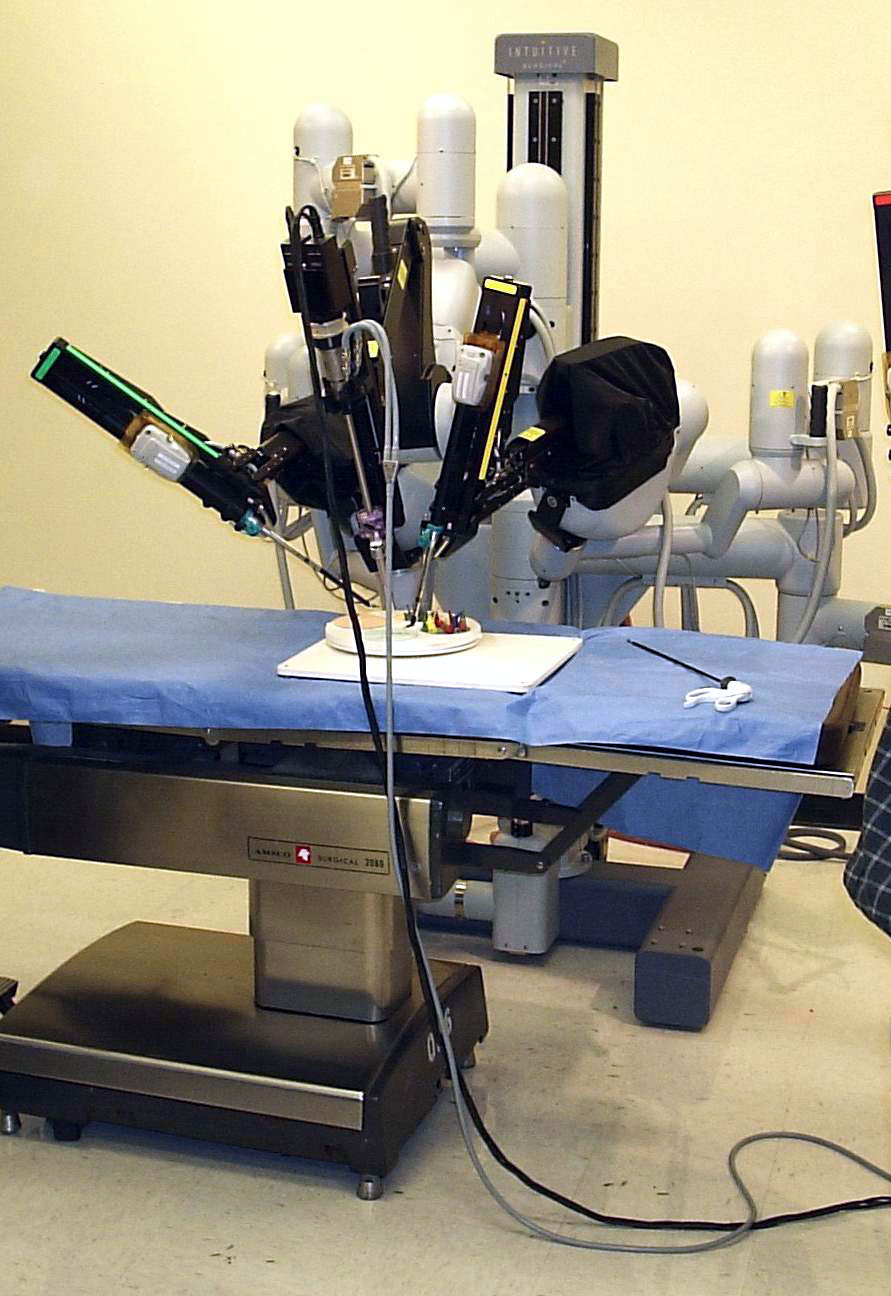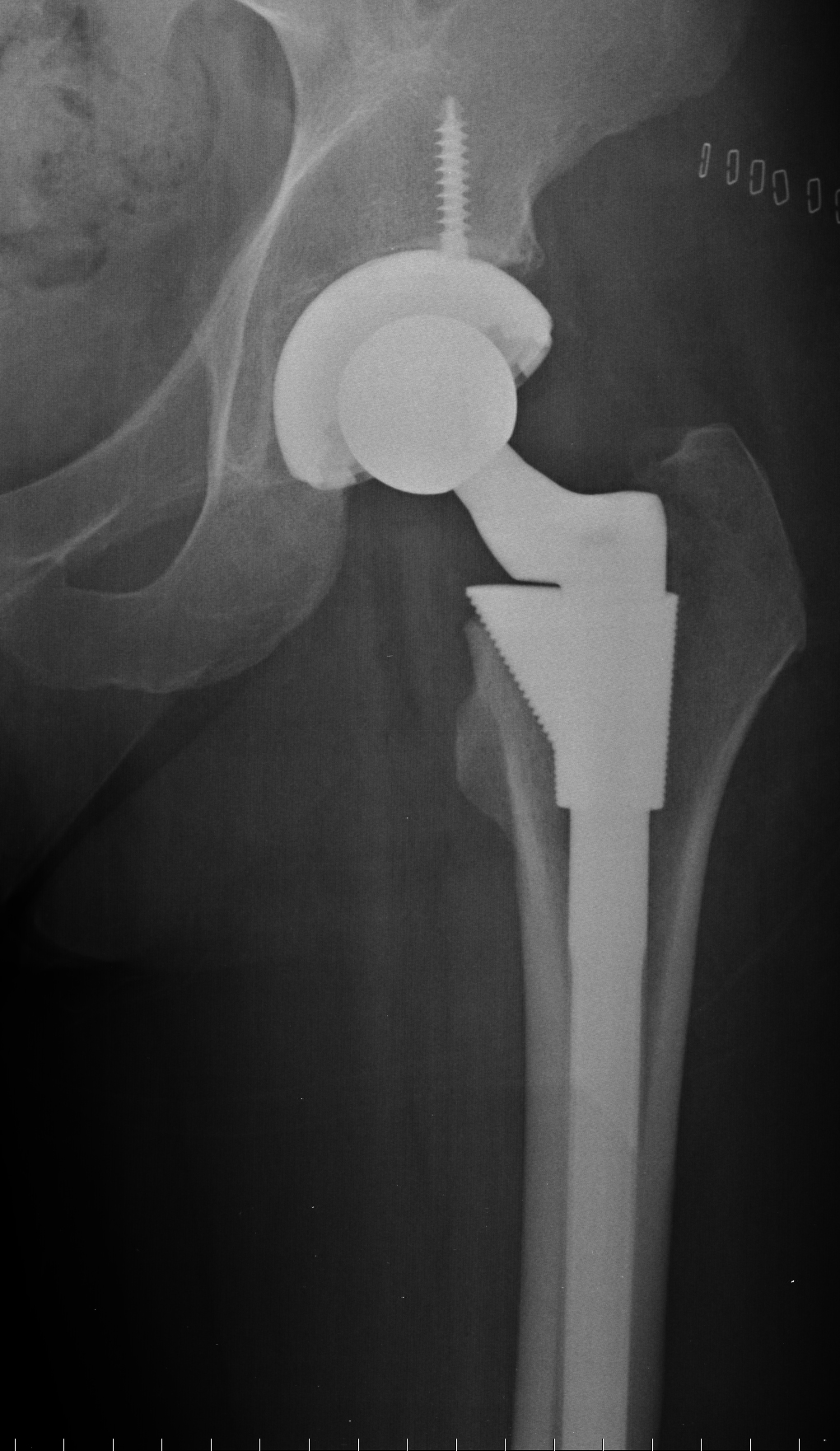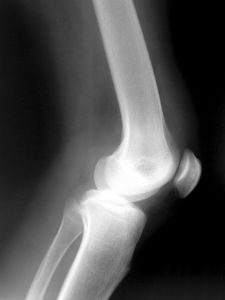Over the past few years the Medtronic INFUSE Bone Graft has raised many issues and resulted in large amounts of lawsuits. The Medtronic INFUSE Bone Graft is a device that is implanted after lower back surgery to stimulate bone growth in an area of implantation. The INFUSE Bone Graft is an alternative to traditional bone graft because it prevents from painful harvesting of other parts in the body. The INFUSE Bone Graft generally treats degenerative disc disease; however it has been used in other inappropriate ways. The INFUSE Bone Graft consists of two parts. It has a sponge-type substance that is soaked in the biological fluid which is a type of synthetic liquid bone morphogenic protein. This genetically engineered protein helps build bone tissue in the fusion process, instead of using a graft of the patient’s own bone. The device is put between vertebrae and stimulates the bone growth. The sponge then dissolves and is absorbed into the body.
The INFUSE Bone Graft has been approved gradually by the FDA regarding the procedures that are compatible with the INFUSE Bone Graft. In 2002 the FDA approved the INFUSE Bone Graft only for the treatment of degenerative disc disease. In 2004 the FDA approved the INFUSE Bone Graft for various types of tibia fractures in the lower leg. In 2008 FDA published a Safety Communication warning of life threatening complications associated with the use of the INFUSE Bone Graft in cervical spine areas. Not long after the FDA came out with the Safety Communication warning, Medtronic paid $85 million in lawsuits by shareholders because Medtronic did not release information regarding the INFUSE Bone Graft that mislead people in the use of the product.
Medtronic allegedly promoted and encouraged its use in other types of spinal surgeries including thoracic fusion, cervical fusion, posterior lumbar fusion and multilevel fusion. The “off-label” use that physicians were implementing was not approved by the FDA. The use of the INFUSE Bone Graft generated more than $3 billion in sales for Medtronic. When an “off-label” is used by physicians, they must relay all of the risks and complications that may come with the “off-label” product prior to the surgery. Once the patient gives consent they may risk their life in order to use the “off label” product. Some physicians who were using the INFUSE Bone Graft in ways that were not approved by the FDA, received payments from Medtronic to use the Bone Graft. These physicians did not notify their patients of the risks that come with using “off-label.”
The use of this Bone Graft incorrectly can lead to swelling of the airways resulting in difficulty breathing, swallowing or speaking, respiratory depression, nerve damage, male sterility, formation of inflammatory cysts, unwanted bone growth, and even death. These symptoms occur two to fourteen days after surgery.
Situations like this one or very similar can result in unfortunate situations that no one should encounter. If you have received an INFUSE Bone Graft or know of someone who has they could have symptoms similar to the ones above. Do not let a situation like this be ignored. Please call for a free consultation to ensure that you or a loved one is getting the best health care service possible. The misuse of a medical device can be extremely risky.
—–
 Fort Worth Injury Lawyer Blog
Fort Worth Injury Lawyer Blog









